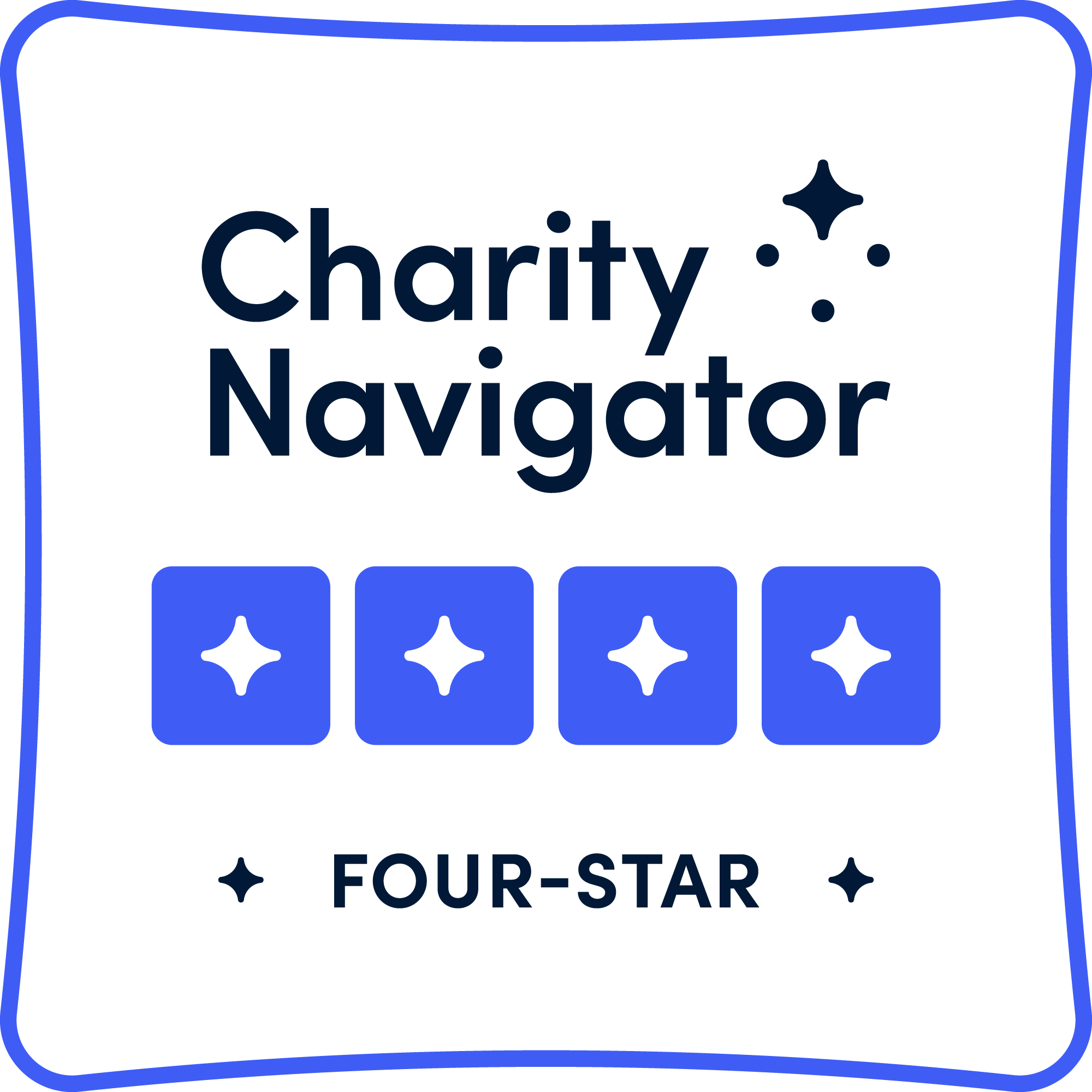Systemic Barriers: “Drink Water, Drive On” Culture
As of November 1, 2020, National Veterans Intermediary (NVI) is called the Local Partner Network. Older content may reference our original name.
Much of the national dialogue on veteran reintegration focuses on the lasting effects of combat, and those veterans who live with combat-related injuries and illnesses. To be sure, there must be continued attention and resources allocated to ensure affected veterans and their families can thrive upon coming home. But there are also systemic barriers—cultural paradigm shifts, lifestyle changes, and support system changes—that just about every veteran, combat or not, will experience in the course of transition. This blog series highlights these factors through the lens of transition. We’ll define each factor, consider how it may impact transition, share resources currently available to help, and discuss who might have the power to champion systems change in the future.
“Drink water, drive on”
This unofficial motto was born in the Army infantry corps, and describes the tough-it-out mentality used to deal with pain and exhaustion. “Drink water, drive on” encapsulates a coping strategy that can be considered a cousin of suppression and experiential avoidance, and it serves service members well during military combat operations. With a constant focus on readiness, it’s no surprise that this attitude spills over into life at home station, too. Whether for a desire to stay “greened up” medically, or for concerns over perceived quality of care after too many “vitamin M” prescriptions, or fear of a lost clearance or med board, or the stigma of being a “sick call warrior,” service members might not seek help for an injury or illness.
After-effects of “drink water, drive on” thinking
Ultimately, if people don’t take the time to process previously suppressed thoughts and emotions, a couple of things can happen. Emotional resources can become tied up in continued suppression and become unavailable to deal with present issues. One study also suggests that when subjects suppressed emotions, they experienced less social support and satisfaction, both important elements of adaptation.
How it affects transition
When we veterans come home from service having habitually ignored our physical and mental health for 3-30+ years, it should surprise no one that we continue using those coping mechanisms. The skills that were adaptive in one environment may not serve veterans well in a new lifestyle or environment. The habits we learn essentially strangle the connection between our minds and our bodies, and our connections with others.
Resources to help today
Evidence suggests that mindfulness training, like Mindfulness-Based Stress Reduction, has the ability to strengthen awareness, promote healthy coping mechanisms and even help sleep, concentration, and heart health. There’s also research that shows that yoga can improve the mind-body connection and promote overall health.
Who has the power to change systems tomorrow
Public sector
DoD and VA might share this responsibility; DoD is responsible for the military health system and the transition assistance program, both of which could be updated to acknowledge the prevalence of suppression as a coping mechanism and to provide resources to prepare veterans for this mindset shift. DoD could also expand offerings and provide self-referred MBSR training, either locally or sponsored online through a certified course. VA already offers mindfulness resources, and could expand these offerings and advertise them more aggressively, especially as the research basis to support mindfulness as a positive health practice grows.
Private sector
Private entities have already caught on to mindfulness to the point of trendiness. Mindfulness-based apps and other businesses could partner with service members, veterans, and/or spouses with the cultural competence to help expand offerings tailored to a military mindset.
Independent sector
Nonprofits are leading the way in mindfulness programs, from healthcare organizations to service providers. Mindfulness curricula and practices for healthcare providers have been studied; healthcare jobs can also be also high-stress and require both long days and the regular denial of bodily cues. Knowledge-sharing about the type of messaging and curricula that have been successful might keep mindfulness advocates in the veterans space from reinventing the wheel.









